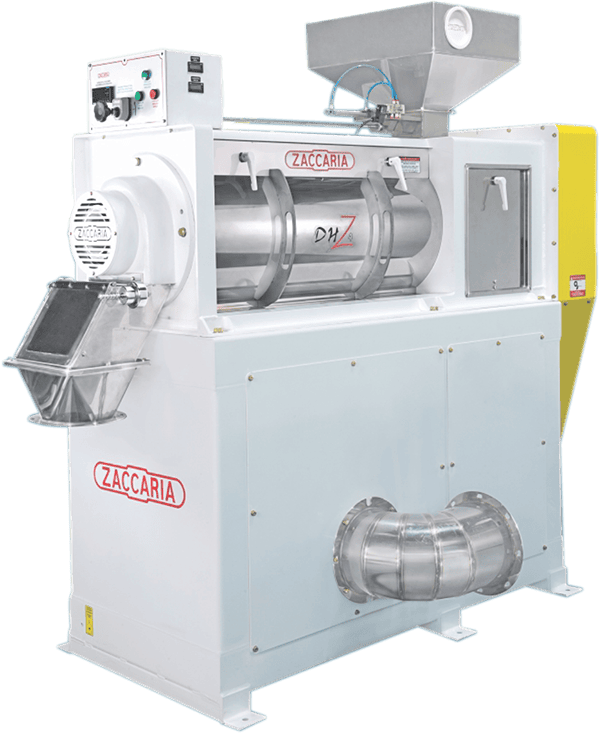FACET Process Engineering has been supplying solutions to the agri-food sector for over 35 years in the form of a large range of conveying equipment, as well as specialised process machinery for the preparation of grain, seeds and beans.
This process machinery can add value to one of South Africa’s most important and largest crops, namely maize, which is used extensively in animal feed, as well as for human consumption in the form of samp, maize grits and, more commonly, maize meal.
In order to prepare maize for human consumption, it goes through the process of removing the germ and outer skin, leaving the starchy endosperm available as a raw material and additive in the food and non-food industries.
Nothing goes to waste, the valuable germ and skin are collected and made available for animal feed. This process is collectively referred to as degermination. Facet supplies one of the finest degerminator systems available worldwide. The system comprises a Conditioner and a Horizontal Degerminator which delivers a 99% clean cracked kernel that is germ, skin and dust free, ready for further processing.
To facilitate this process, water is added to the kernel to loosen the outer germ and skin, while most importantly not adding moisture to the remaining endosperm. Facet’s compact and efficient system is able to add the exact amount of moisture to every kernel in approximately six minutes. This negates the use of cumbersome inefficient wet bins, as well as not requiring any further polishing machines after degermination, both of which are commonly found in traditional maize processing plants.
The added benefit of this system is the freeing up of valuable floor space normally taken up by this equipment, along with reduced power consumption and, most importantly, saving costs.
An air extraction system can be supplied for the collection of the germ and skin often referred to as hominy chop, which is bagged off and used in animal feed, however, it has a short shelf life due to the oil in the germ. This shelf life, however, can be extended with the use of Facet’s continuous dryers. They offer systems that cater for capacities from as low as 0,5t/h up to as much as 7t/h, and can supply ancillary equipment pre and post the degerminator. This includes maize intake systems, maize cleaners, conveyors, bucket elevators, storage bins and steel platforms, if required.
Facet Process Engineering makes a valuable and necessary contribution to this vital agri-food processing industry in South Africa with solutions and systems for grain cleaning, bean processing, chicken feed processing and mixing/blending process plants, to name a few.
For further information, contact Facet Process Engineering on +27 11 796 1168.
E-mail: faceteng@global.co.za
Website: www.facetengineering.co.za















